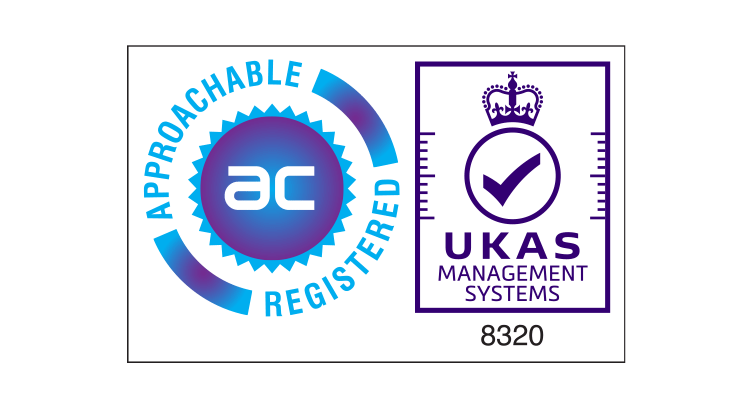Budget is a major consideration in every organisation, with organisational costs and overheads being the main areas of spend. But with reducing budgets and increasing demand, improving the efficiency of expenditure is at the centre of attention now more than ever.
This attention is prevalent even more so in the health sector, a recent report revealed that the health budget deficit was initially expected to be £496m but the latest report highlights that this will be closer to £960m. Acute hospitals are said to be largely responsible, with 156 of 234 trusts finishing the year either reaching or over spending on their financial targets.
Why are these rising costs happening? Staff are operating without the mobile technology to help them meet demand, resulting in delays, poor access to information and an expensive reliance on agency staff.
How can these growing costs be addressed?
The health sector isn’t alone, no matter what industry you operate in, there a few common factors that result in high costs, for those with mobile working staff, the main areas lie around scheduling, a reliance on agency staff, fuel, office and administration overheads.

These are largely avoidable with the right technology, using a scheduling solution can ensure that staff are deployed effectively, taking into consideration their skills and availability, the right person is able to complete the job or visit the first time. Scheduling also ensures that the most efficient routes are chosen when traveling between visits, reducing travel and the costs associated.
Without the mobile working processes in place staff will not be able to perform as quickly and efficiently as they would like, jobs take time and time means money. With mobile working processes in place they are given the tools to complete jobs in no time. The existing workforce are able to better manage existing work as well as increasing capacity to take on additional work, reducing a reliance on agency staff, further lowering costs.
Fuel costs are one of the main areas of spending when it comes to a mobile workforce and it’s hard to imagine a way to reduce these costs without impacting service. But the focus should be on improving necessary travel through dynamic scheduling and eliminating unnecessary travel, such as returning to the office to type of notes, instead those notes can be added to a mobile device and synced to the back-office system. With their daily schedules also available on their device staff can start working from home rather than travel to the office first. Together these improve travel for field staff, enabling them to do more and save costs at the same time.

Paper-based administration results in storage costs, it takes up space as well as slowing down mobile workers. A mobile working solution provides all of this information directly to their mobile device, forms can be completed, compliance maintained, and images captured. All this essential information is synced to the back-office system without the need to write it down or travel back to the office and type it up.
These are just some of the main areas where costs can be reduced thanks to mobile working solutions like our mobile workforce management solution. These solutions focus on providing new, intuitive ways of working that increase capacity, reduce cost, improve compliance and drive consistency. Discover more about how mobile technology can reduce your organisational costs in our Cost eBook.







